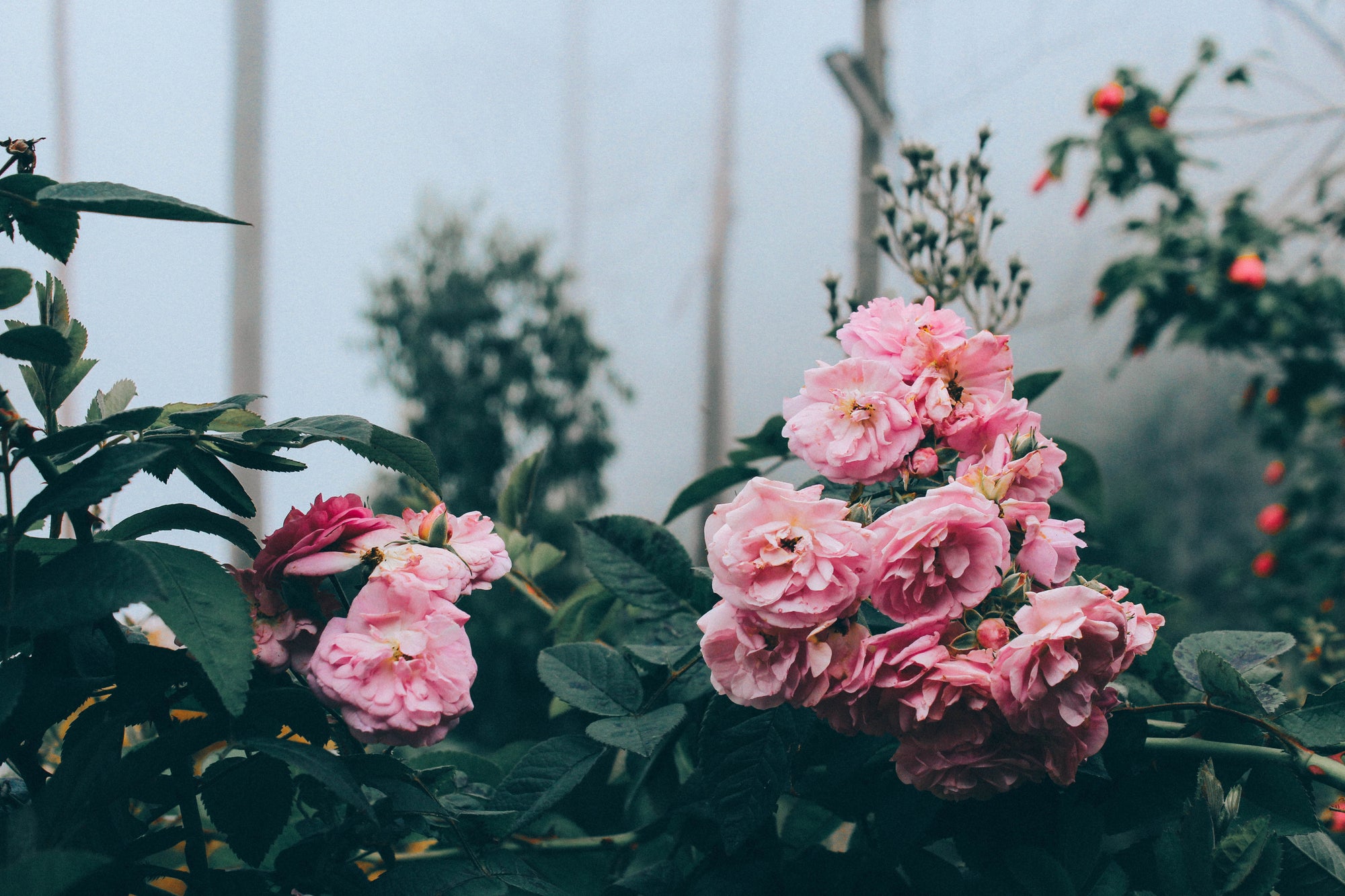How Soil Erosion Affects Your Garden and What You Can do About it
•Posted on January 15 2018

You may have heard of soil erosion as an issue for farmers because it can be the source of a huge drop in productivity and profits in the context of commercial agriculture, but did you know that it can also affect your garden?
Even when you've meticulously planned and controlled every other aspect of your flowerbeds, soil erosion can be the one thing keeping your plants from the healthy garden soil they need to thrive.
So what can you do to slow the scourge of soil erosion? It helps to understand what exactly is happening to your soil and the science behind what it takes to slow this natural occurrence.
Without further ado, here's your comprehensive guide to soil erosion, what it does to your garden and how you can prevent the effects from starving your plants.
What is Soil Erosion?

First, soil erosion shouldn't be viewed as something you should try to stop completely.
Erosion, in general, is a natural process that takes place in every natural substance exposed to wind, rain and other sources of water.
Soil erosion describes water washing away soil, either from wind, rain or floodwater.
Usually, the soil affected is topsoil, which is the best and most nutrient-rich soil to grow with.
This is why soil erosion is such a major problem for farmers.
Soil erosion can occur very slowly or at an accelerated rate depending on other factors concerning the quality of the soil.
How Does Soil Erosion Harm Your Garden?

Soil erosion is looked at as a major issue on large farms in areas where storms, rain, and heavy wind are common, but it can also wreak havoc on smaller gardens, much like the one at your home.
Next time there's a rainstorm, do a little experiment (but stay safe, of course): put on your raingear and go check on your gardens.
There's a pretty good chance (unless you're blessed with a property that's perfectly flat) that you'll see water rushing through your flowerbeds.
That's soil erosion.
What's happening when you see that miniature mudslide is the depletion of your healthy garden soil: topsoil.
That's why soil erosion needs to be slowed for a garden that is at its most healthy.
What Can You Do About It?

There are a few ways to prevent soil erosion from decimating your healthy garden soil.
Stop the Water From Moving
There are several ways to slow water running through your gardens. Here are a few:
- Re-plan your gardens: If your gardens are on slopes or unprotected by structures, it may be wise to put gardens within relative shelter or in the flattest part of your property.
- Dig swales to divert water: Swales are shallow trenches commonly used to divert water from drowning plants in commercial gardens and farms.
- Strategically use logs and rocks: Some homeowners have had success using natural props to divert water away from their gardens.
Use Natural Gypsum
Remember when we told you that poor soil quality can contribute to soil erosion?
Let us introduce you to Gypsum, aka calcium sulfate, a natural mineral that can instantly infuse a dose of proper soil nutrition into your garden.
Commonly used to reduce the sodium content in soil and replace it with calcium,
Gypsum has also been shown to be able to reduce soil erosion by over 50 percent.
When choosing the Gypsum you use in your garden, keep in mind that quality matters.
You'll want to use organic Gypsum that's 100% water soluble and naturally mined (from natural sources rather than buildings and walls).
Luckily, we have a high quality Gypsum to ensure that your healthy garden soil will never deplete, and that your plants will be able to thrive wherever you try to grow them. We also carry organic fertilizers, speciality fertilizers, and hydroponic nutrients that offer a solution for every gardening or farming need.
You can shop our Gypsum powder below!
Related Posts:
Comments
0 Comments
Leave a Comment